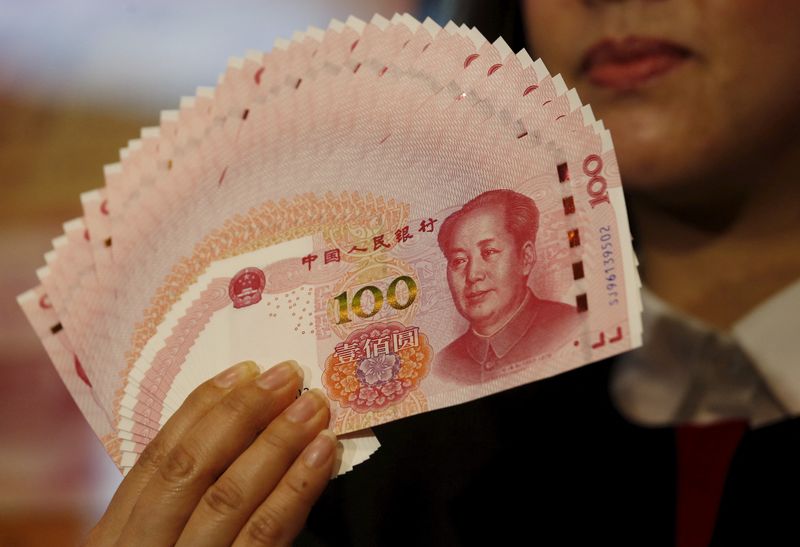Useful information
Prime News delivers timely, accurate news and insights on global events, politics, business, and technology
Useful information
Prime News delivers timely, accurate news and insights on global events, politics, business, and technology

By Ryan Woo, Ethan Wang and Yukun Zhang
BEIJING (Reuters) – In China’s version of the Squid Game, scammers prey on those struggling financially in a failing economy with promises of prize money, debt restructuring and other schemes that are not always what is promised. .
Unlike the dystopian South Korean TV series, which returns to the small screen for a second season on Thursday, Chinese players who face challenges of “self-discipline” do not risk their lives if they lose.
But courts have found that some participants in isolation challenges, who pay hundreds of dollars to stay in a room for days, following prescribed rules in the hope of winning up to 1 million yuan ($140,000), are being scammed. And regulators are warning people about dubious claims for debt relief.
Isolation challenges, often advertised on Douyin, as TikTok is known in China, have gained popularity this year as the world’s second-largest economy slows. It grew at the weakest pace in more than a year in the three months through September, prompting authorities to promise new measures to boost household incomes, among other measures.
The long list of rules in the challenges includes bathroom breaks that do not exceed 15 minutes and a ban on ringing the alarm more than twice a day.
Many players cry when they do not survive their first day due to infractions caught on surveillance cameras, which they question.
In October, a court in eastern Shandong province ordered an organizer to refund 5,400 yuan ($740) in registration fees to a player surnamed Sun, ruling that the contract was unfair and “violated public order and goodwill.” traditions”.
Sun was trying to earn 250,000 yuan by surviving a 30-day isolation challenge with rules prohibiting smoking, use of electronic devices, consumption of alcohol and contact with anyone outside the room.
On the third day of the challenge, organizers said Sun covered his face with a pillow, breaking a ban on players covering their faces.
The Cyberspace Administration of China, which regulates the internet in the country, and ByteDance, which owns Douyin, did not respond to Reuters requests for comment.
The National Financial Regulatory Administration (NFRA) warned the public Tuesday not to be fooled by “debt brokers” who claim to help people restructure their loans or improve their credit profiles.
By promoting their services through phones, text messages, brochures and social media ads, these intermediaries claim they can help obtain new loans or provide temporary funds, but the regulator warned that the services come with a hefty fee.
Intermediaries charge up to 12% of the loan value as “service fees,” according to state newspaper National Business Daily.
Another scheme involves charging high fees to apparently help debtors repair their credit records, according to the NFRA, which warned that borrowers’ personal information could also be leaked or sold.

Lending to Chinese households totaled 82.47 trillion yuan ($11.3 trillion) in November, according to central bank data.
(1 dollar = 7.2988 renminbi)